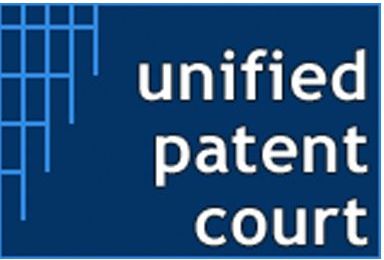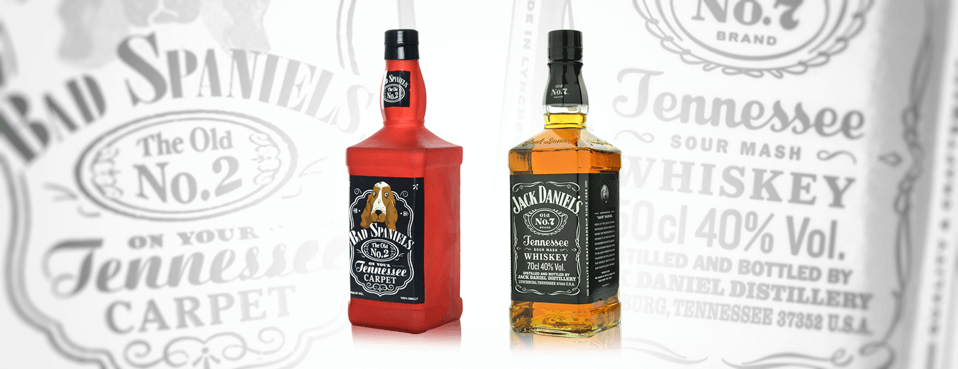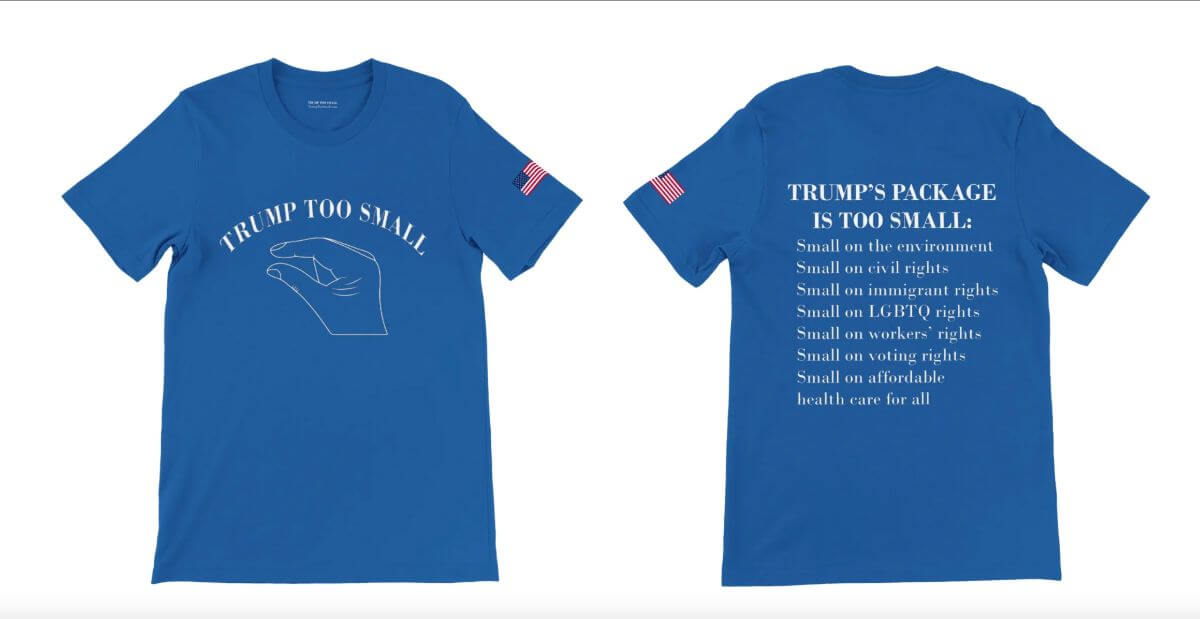The European Unitary Patent System Is Here!
Takeaway: The recently launched Unitary Patent System offers applicants the choice to obtain a single European patent with simultaneous protection in 17 EU Member States, as well as a unified litigation system handled by the new Unified Patent Court.

The Unitary Patent System, which aims to provide unified patent protection and litigation across participating EU Member States, officially launched on June 1, 2023.
Under this system, applicants can obtain a single European patent known as a Unitary Patent (UP), which offers simultaneous protection in 17 EU Member States. Additionally, a unified litigation system, handled by the new Unified Patent Court (UPC), will handle patent disputes for a significant portion of the European market.
From now on, when a European patent is granted, applicants have two options: the classic validation system, where they choose individual countries for patent protection, or the Unitary effect, which involves filing a request with the European Patent Office within one month of the grant. The decision to utilize the Unitary Patent will depend on factors such as desired countries of protection, potential for technical invalidation, existing agreements, co-ownership, and distribution arrangements.
Jack Daniel’s Triumphs as Supreme Court Upholds Trademark Rights in Dog Toy Parody Case
Takeaway: The U.S. Supreme Court ruled that Jack Daniel’s can enforce its trademark rights against a parody dog toy called “Bad Spaniels,” stating that the case should proceed based on trademark law’s likelihood of confusion test and not qualifying as parody for protection under the First Amendment.

The U.S. Supreme Court has ruled that Jack Daniel’s, the famous whiskey brand, can enforce its trademark rights against a dog toy called “Bad Spaniels” that parodies its whiskey bottle. The Court unanimously rejected the Ninth Circuit’s previous ruling that the toy was protected by the First Amendment. The Court stated that the Rogers test, which determines when the First Amendment can outweigh trademark rights, does not apply when a parody is used as a trademark. Instead, the case should proceed based on the Lanham Act and the likelihood of confusion test.
The Court also clarified that the Rogers test only applies to “non-trademark uses” and does not protect parodies that feature source indicators. The Court’s ruling focused on consumer confusion about the source of the product, which is a key concern in trademark law. The case will now be sent back to the Ninth Circuit for further consideration based on the likelihood of confusion.
A sad day for humor!
Photo Credit: news.bloomberglaw .com/ip-law/supreme-court-ponders-jack-daniels-dog-toy-trademark-case
Navigating Copyright Take-Downs
Takeaway: While it is important to monitor and safeguard your copyrighted works online, submitting an unjustified take-down request could lead to legal ramifications of damages and an attorney fee award against a copyright claimant.
It is essential to safeguard your copyrighted works online, but initiating a take-down request without proper justification can lead to severe legal consequences. Online platforms have mechanisms in place, such as the Digital Millennium Copyright Act (DMCA) in the United States, to address copyright violations promptly, but submitting an incorrect or unjustified take-down request can result in significant legal ramifications, including countersuits. If a copyright owner wrongly accuses someone of infringement, the accused party may file a counterclaim for damages, alleging false claims or abuse of the DMCA.
To mitigate the risks associated with copyright take-downs, it is crucial to thoroughly assess the possible Infringement, include comprehensive evidence in the takedown request, and regularly update your own copyrighted works. When in doubt whether or not infringement is taking place, it is always best to consult with an IP attorney on the best steps to move forward.
Supreme Court To Review Trademark Fight for Living Figures
Takeaway: The U.S. Supreme Court will review a case involving the USPTO’s challenge against a ruling that allows the use of living figures’ names in trademarks, including former President Donald Trump, to potentially license trademarks, determining whether the Lanham Act’s restriction on using a living person’s name without consent conflicts with free speech rights.

The U.S. Supreme Court has agreed to review a case involving the U.S. Patent and Trademark Office (USPTO) and its challenge against a ruling that permits individuals to potentially license trademarks using the names of living figures, including former President Donald Trump. The case stems from a decision by the Federal Circuit last year that overturned the USPTO’s refusal to grant a trademark registration to lawyer Steve Elster, who sought to use the phrase “Trump Too Small” on t-shirts.
The appeals court ruled that the USPTO’s decision violated free speech rights. The USPTO argues that the decision conflicts with a provision of the Lanham Act, which governs trademark law. The Supreme Court’s review will provide legal clarity on whether the Lanham Act’s bar on using the name of a living person without consent is considered a restriction on speech. The outcome of the case will have implications for trademark registration and the ability to criticize public figures in the marketplace.
Photo Credit: nbcnews .com/politics/supreme-court/trump-small-trademark-clash-decided-supreme-court-rcna86822
9th Circuit Affirms Copyright Verdict Against Zillow.com
Takeaway: The Ninth Circuit Court has upheld a ruling that Zillow must pay damages to a photo studio for infringing on copyrighted photos, rejecting Zillow’s argument for a single amount of statutory damages and affirming that each individual photo had independent economic value and should be subject to separate damages of up to $150,000 per image.

The Ninth Circuit Court has upheld a ruling stating that real estate company Zillow must pay damages to a photo studio for infringing on thousands of copyrighted photos. The court rejected Zillow’s argument that the photos constituted a “compilation” and that damages should be awarded as a single amount. Instead, the court affirmed that the individual photos had independent economic value and should be subject to separate damages.
The case originated when VHT Inc., a real estate photography studio, sued Zillow for using their copyrighted photos on Zillow’s Digs platform without permission. A jury initially awarded VHT $8.3 million in damages, which was later reduced to $4 million by a district judge. After several appeals and trials, the Ninth Circuit has now affirmed the separate damages ruling.
USPTO Data Security Incident
Takeaway: The USPTO experienced a data security incident exposing applicants’ domicile addresses in certain trademark filings and has taken steps to resolve the breach.
The United States Patent and Trademark Office (USPTO) recently experienced a data security incident involving the exposure of domicile addresses in certain trademark filings. The incident occurred between February 2020 and March 2023, affecting records accessed through certain APIs and bulk data products. However, the incident was not the result of malicious activity, and there is no indication that the exposed information has been misused.
Upon discovering the issue, the USPTO took immediate action by blocking access to non-critical APIs and removing the affected bulk data products. They have since resolved the problem by replacing the impacted data files with new versions that do not include domicile addresses. The USPTO also identified and corrected the data masking deficiency that caused the exposure. As of April 1, 2023, domicile addresses are now properly masked, and all vulnerabilities have been addressed.
Beware of USPTO Impersonators
Takeaway: Be aware of scammers pretending to be USPTO employees to receive personal and payment information.
Scammers are pretending to be USPTO employees through spoofed calls, aiming to deceive individuals into sharing personal or payment information. Recipients should not provide any details and can verify calls with the Inventors Assistance Center (IAC) or Trademark Assistance Center (TAC). Patent applicants should check the Patent Center portal, and trademark applicants should review the TSDR system for official communications. If scammed, individuals should report the incident to the FCC and FTC.
Cislo & Thomas LLP Spotlight
Cislo & Thomas Celebrates Its Staff
This month, we celebrated our former legal assistant Audrey Shepard on her 2 successful years at Cislo & Thomas and her departure to attend UCLA law school. We are very proud of her, and we wish her the best of luck in her future legal career.




